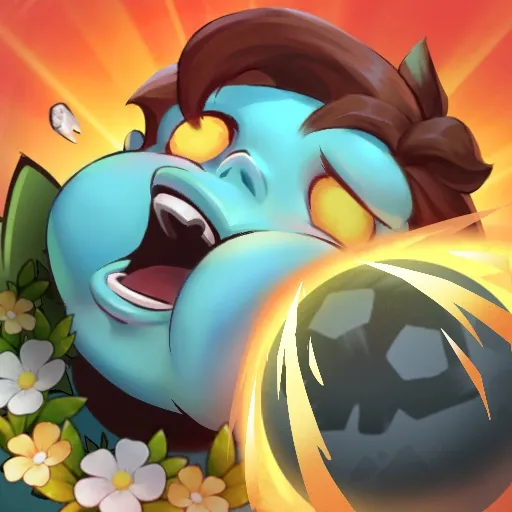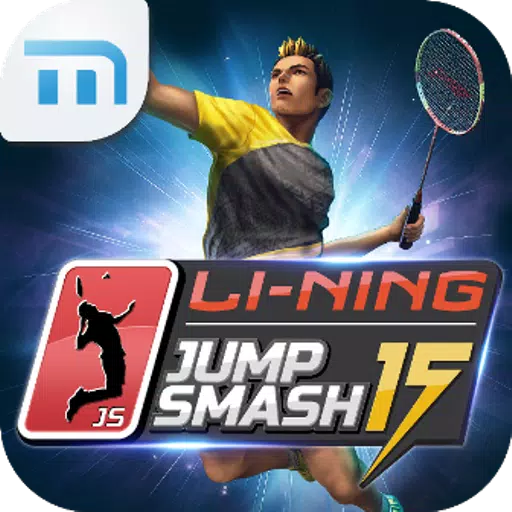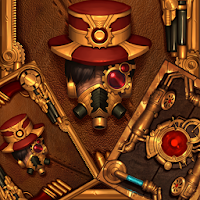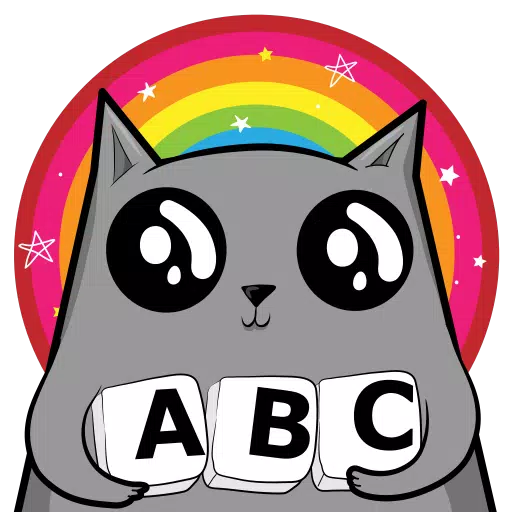How Doom’s Combat Evolves Alongside Modern Metal Music
Doom's enduring connection to metal music is undeniable. A single note from any Doom soundtrack instantly evokes the series' demonic imagery, mirroring the aesthetic of bands like Iron Maiden. This symbiotic relationship between gameplay and music has evolved across Doom's 30+ year history, traversing various metal subgenres. From thrash metal origins, the franchise now boasts the metalcore intensity of Doom: The Dark Ages.
The original 1993 Doom drew inspiration from late 80s/early 90s metal giants like Pantera and Alice in Chains, evident in tracks like "Untitled" (E3M1: Hell Keep), which echoes Pantera's "Mouth of War." The overall soundtrack incorporated thrash elements reminiscent of Metallica and Anthrax, perfectly complementing the game's fast-paced, visceral action. Bobby Prince's score remains iconic, mirroring the game's thrilling gunplay.
This synergy continued for over a decade until the experimental Doom 3 (2004). Its survival horror elements demanded a different sonic landscape. While Trent Reznor's involvement was initially considered, Chris Vrenna (Nine Inch Nails) and Clint Walsh ultimately composed the soundtrack, drawing inspiration from Tool's atmospheric, progressive sound. Doom 3's main theme, with its complex time signatures, perfectly underscores the game's sci-fi horror setting.
Though commercially successful, Doom 3's survival horror approach is now seen as an outlier. This coincided with a shift in the FPS genre (Call of Duty, Halo) and metal's evolution beyond nu-metal's waning influence. The Tool-inspired direction proved a wise choice, resulting in a fittingly unsettling score.
The 2016 Doom reboot marked a triumphant return to form. Mick Gordon's soundtrack, a djent masterpiece, perfectly matched the game's intense, fast-paced combat. The album's impact is undeniable, arguably surpassing the original.
Doom Eternal (2020), while also featuring Gordon's work, faced production complexities, resulting in a soundtrack with a less unified feel. Leaning heavily into the metalcore prevalent in the late 2010s/early 2020s, it reflects Gordon's concurrent work with Bring Me the Horizon and Architects. The soundtrack, while still heavy, is less raw than its predecessor, mirroring the game's addition of platforming and puzzle elements.
Personally, I prefer the raw intensity of the 2016 Doom soundtrack to Eternal's more refined metalcore. However, Eternal's experimentation is commendable.
Doom: The Dark Ages presents an intriguing prospect. Initial gameplay reveals suggest a slower pace, emphasizing melee combat with a shield. Composers Finishing Move (Borderlands 3, The Callisto Protocol) appear to draw inspiration from both classic and modern metal, mirroring the game's blend of classic Doom elements and new mechanics.
The gameplay's slower pace, contrasted with mech combat and dragon riding, necessitates a flexible soundtrack. The revealed snippets hint at both the crushing breakdowns of Knocked Loose and thrash-inspired elements reminiscent of the original Doom, even echoing the medieval/satanic lyrical themes found in earlier metal.
Doom: The Dark Ages promises a thrilling evolution, building on the series' strengths while incorporating fresh ideas. The game's combat will undoubtedly remain central, with the soundtrack serving as atmospheric accompaniment. The glimpses offered so far generate considerable excitement for a potential new favorite metal album accompanying the May release.






Latest Articles















![Roblox Forsaken Characters Tier List [UPDATED] (2025)](https://ima.hhn6.com/uploads/18/17380116246797f3e8a8a39.jpg)















